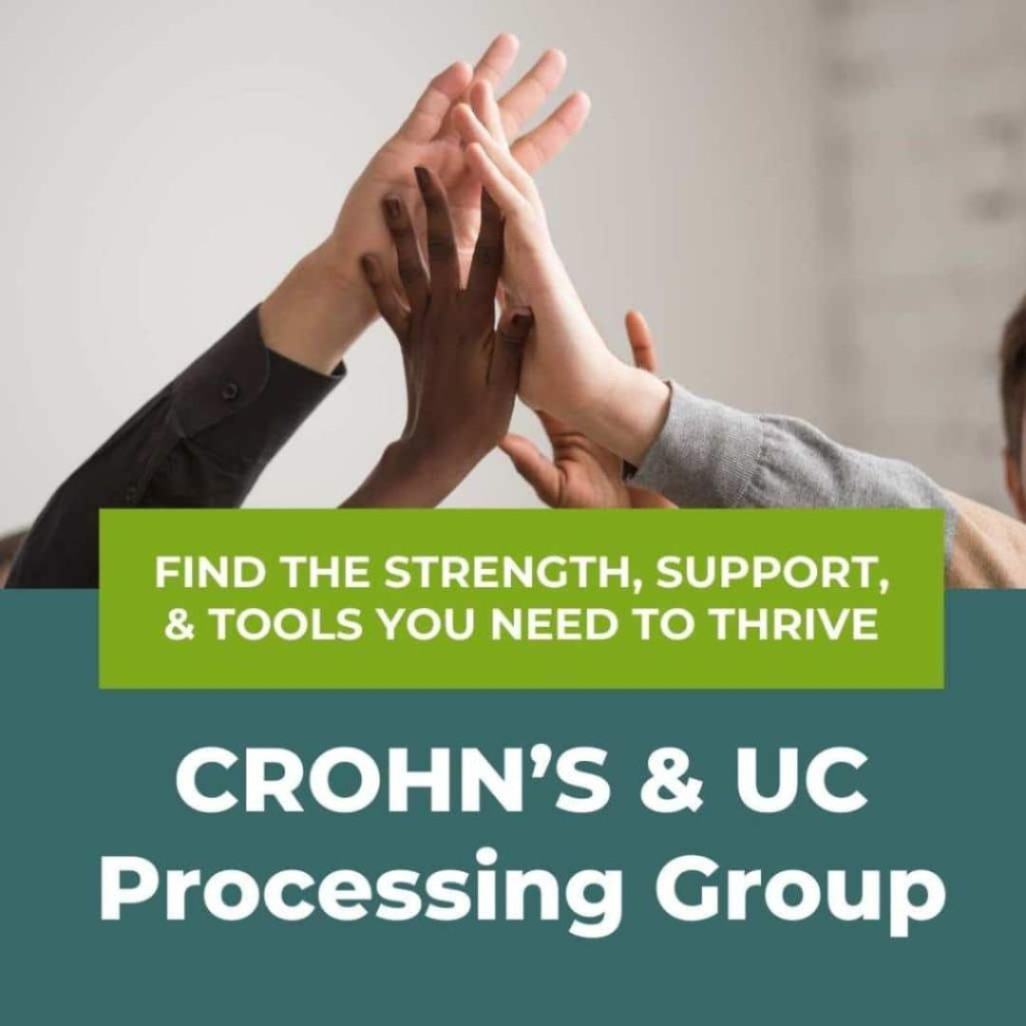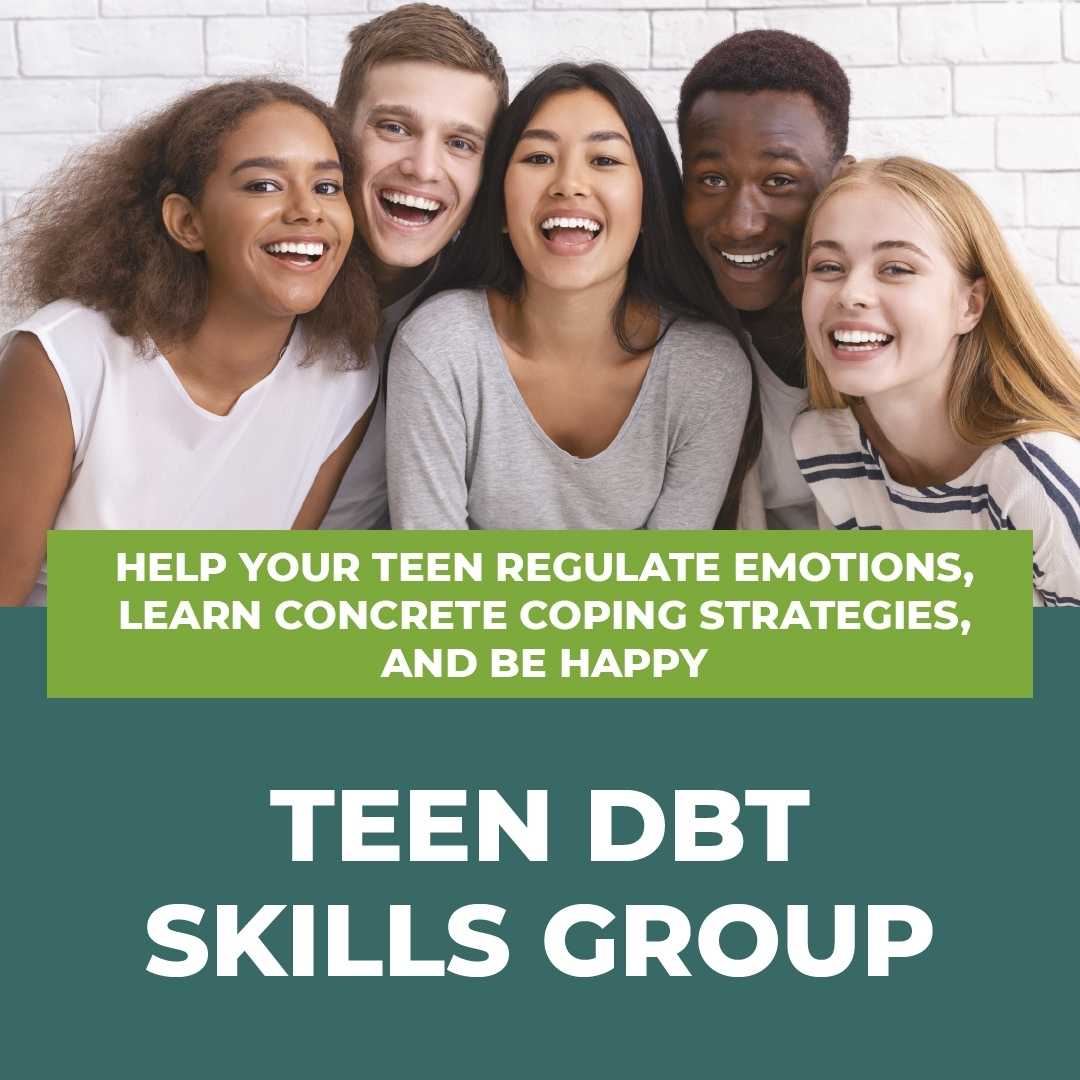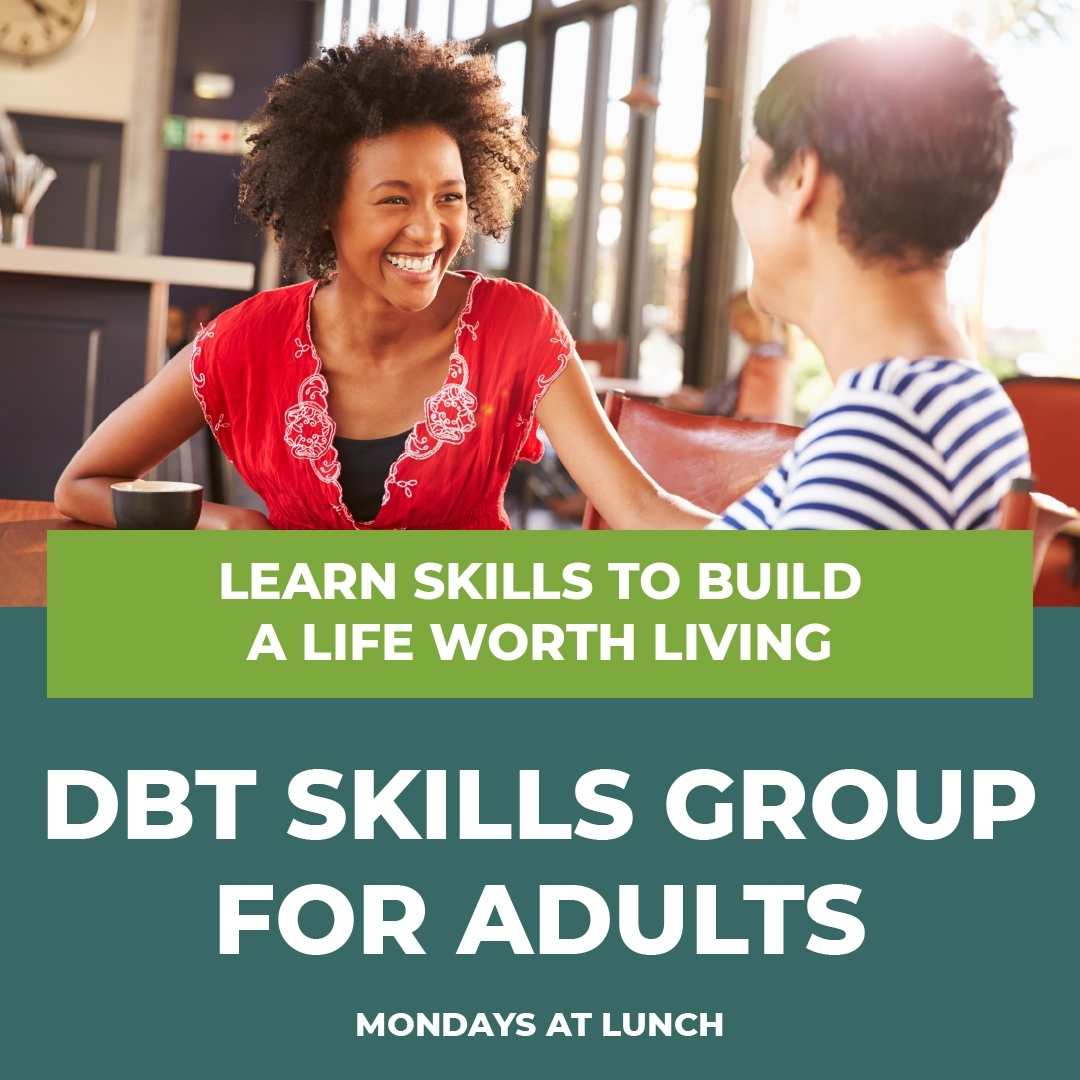September 10, 2018
DBT Interpersonal Effectiveness: Learning Effective Communication Skills
Written by Rachel Eddins
Posted in Emotional & Mental Health and with tags: Communication, Relationships
Dialectical Behavioral Therapy Skills
Dialectical Behavioral Therapy (DBT) is a type of Cognitive Behavioral Therapy (CBT) treatment developed by Marsha Linehan. Research has shown that DBT is effective in treating a wide range of disorders and issues, including depression, substance use, eating disorders, and PTSD.
DBT includes skills in four modules: mindfulness, distress tolerance, interpersonal effectiveness, and emotion regulation. This post will focus on interpersonal effectiveness which will help you get what you want from relationships through effective communication.
Interpersonal Effectiveness Skill: DEAR MAN
“DEAR MAN” is a skill used to help people develop assertiveness and get what they want out of relationships. It is used to learn objective effectiveness or the ability to respond to a situation non-judgementally. It stands for:
Describe:
Describe what it is that you want, using clarity in words so to minimize misunderstanding. Do not assume that the other person can guess what it is that you mean.
Express:
Express your feelings and opinions about the situation. Use nonverbals and tone of voice that portrays the importance of your request. Don’t assume that the other person knows exactly how you’re feeling.
Assert:
Assert yourself by asking for what you want or saying no clearly and politely. Don’t assume that others will do what you want if you don’t ask. Make sure you are being assertive, but not passive, passive-aggressive, or aggressive.
Reinforce:
Reinforce or reward the person ahead of time by explaining the potential positive outcomes. You want to make the person want to do it instead of feeling like they have to. Stay true to your word and reward them afterward.
Stay Mindful:
Maintain your position and don’t be distracted. If the other person starts to become defensive or hostile, don’t engage in that reaction and continue to stay on track with what it is you’re asking for. Practice mindfulness to help with any overwhelming emotions that may occur.
Appear Confident:
Appear effective and competent. Use good eye contact. Try to avoid stammering, whispering, or staring at the floor. If you have trouble believing in your own request, do not expect other people too. Practice taking yourself seriously so that others will.
Negotiate:
Be willing to give to get. Respect that other people have limits as well. If you are willing to compromise and reduce your request, you are much more likely to appear reasonable and considerate. Some things you can say is, “What do you think we should do?”, “How can we reach a middle ground?”, etc.
Interpersonal Effectiveness Skills: GIVE FAST
In addition to DEARMAN, therapists have added GIVE FAST in order to practice DEARMAN more effectively. GIVE is used to learn relationship effectiveness or the ability to communicate respect to another person’s thoughts or feelings. FAST is used to learn self-respect effectiveness or communicating respect for yourself to others. They stand for:
GIVE: Using Relationship Effectiveness
Gentle:
Be gentle, even when angry. Strive to treat people with a level of respect.
Interested
Show others you are interested in their viewpoints. Practice active listening skills by nodding, making eye contact, and reflecting back what you heard.
Validate:
Validate other people’s thoughts or feelings. Reflect back what others say without repeating mindlessly or checking their facts.
Easy Manner:
When communicating maintain awareness to body posture; tone, volume and speed of voice; and smile
FAST: Self-respect Effectiveness
Fair:
Stay fair in your interpretations and negotiations. Strive to come to solutions that are mutually beneficial and ethical.
Apologies
More specifically no apologies. Do not apologize for disagreeing if doing so contradicts your values.
Stick to values
Learn what your personal values are and do not give them up to appease others.
Truthful
Stay truthful in your communications with others. Strive for honesty and authenticity in what and how you communicate with others.
Learn Interpersonal Effectiveness with Help from a Therapist
Eddins Counseling Group, in Houston, has many therapists that specialize in utilizing DBT skills. We also offer a DBT skills group where you can learn to implement these skills in a group setting. If you feel that you would like more support in understanding and implementing these skills into your life call us at 832-559-2622. Or book an appointment online and start the journey of learning to get the most out of your relationships.
Grounding & Self Soothing
Get instant access to your free ebook.
Why You Feel This Way
Get instant access to your free ebook.























